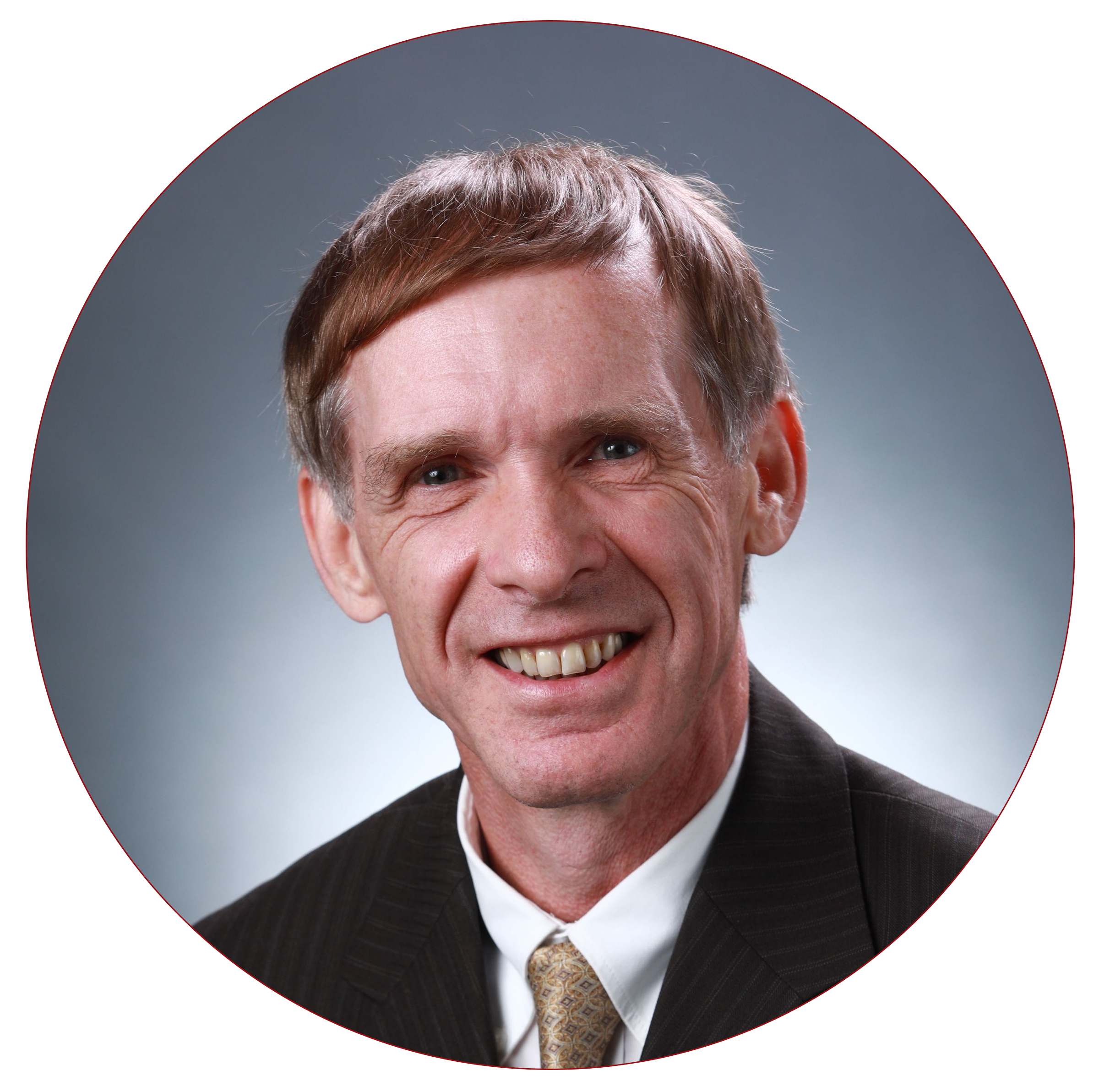AMT offers a trustworthy credential in allied health. Our fundamental purpose is to give evidence that the certified person has the appropriate competence and knowledge necessary for safe, sound, and solid practice. As a non-profit committed to transparency in our operations, read how Dr. Fidler, PhD, AMT Director of Testing and Competency Assurance, explains what lies beneath an AMT credential.
The AMT offer sounds simple—a trustworthy credential in allied health. And our fundamental purpose is very plain: Give evidence that the certified person has the appropriate competence and knowledge necessary for safe, sound, and solid practice.
Keeping that trust is the passion of the AMT association as well as the life’s work of our leading psychometrician, James Fidler, PhD, AMT Director of Testing and Competency Assurance. As a non-profit committed to transparency in our operations, read how Dr. Fidler explains what lies beneath an AMT credential. Like anything that appears simple, it belies years of skill and experience and devotion to the craft.
What is the process of certification/credentialing?
JF: I frequently characterize the process as “The Three Es” of certification: education, experience, and examination. Education answers the question of whether the candidate received the proper training in the tasks required for practice. Experience must be appropriate and sufficient to suggest the potential to function in the target practice. Examination means that the candidate has been subject to a test of knowledge to further demonstrate some command of the competencies required for practice. As a side note, it is very important to guard against overreliance on an examination that is used in isolation from other informational elements. The test is only one indicator of competence and should be used in conjunction with other indicators of achievement or mastery in the credentialing process.
What is a “high-stakes” exam?
JF: High-stakes tests are generally those that yield results that have important consequences for the person taking the test. Credentialing exams for health care practitioners are considered high-stakes not only with respect to the test taker, but with respect to the critical notion of patient safety, as well. Tests for college admissions and driver’s licenses are other examples that may be considered “high-stakes” because their outcomes have meaningful consequences.
Why is exam security so important to AMT and to you personally?
JF: Security is a cornerstone of the credentialing testing enterprise because it is necessary for validity. For example, if a full examination is publicly available through a breach in security, candidates may easily learn the answers to all questions ahead of the examination. The test would then carry little, if any, informational value about a candidate’s actual knowledge or ability thereby rendering it invalid for the purpose. As a result, the safety of patients or the public may be jeopardized because the person believed to possess a certain degree of ability by virtue of their credential, may not be qualified. Think about a person drawing blood who does not know how to locate a vein for the procedure!
Along with this is the importance of protecting a test sponsor’s intellectual property by ensuring that test content is as secured as possible. For example, video technology has become micro-miniaturized such that the presence of a recording device can be rendered largely undetectable. Careful, direct supervision of the test administration environment is therefore essential.
Who are the important people of certification?
JF: The important people are the current and future certificants. Part of our job as staff at AMT is to serve our current certificants, those who have already earned a credential, while also being engaged in the process of determining which individuals will constitute the next group of certified practitioners. Because AMT is an organization of members for its members, the important people are those who hold the credential and who will hold the credential in the future.

Read more about how James Fidler, PhD, AMT Director of Testing and Competency Assurance, brings together a wealth of resources, both practical and theoretical, to develop certifications for allied health professionals.